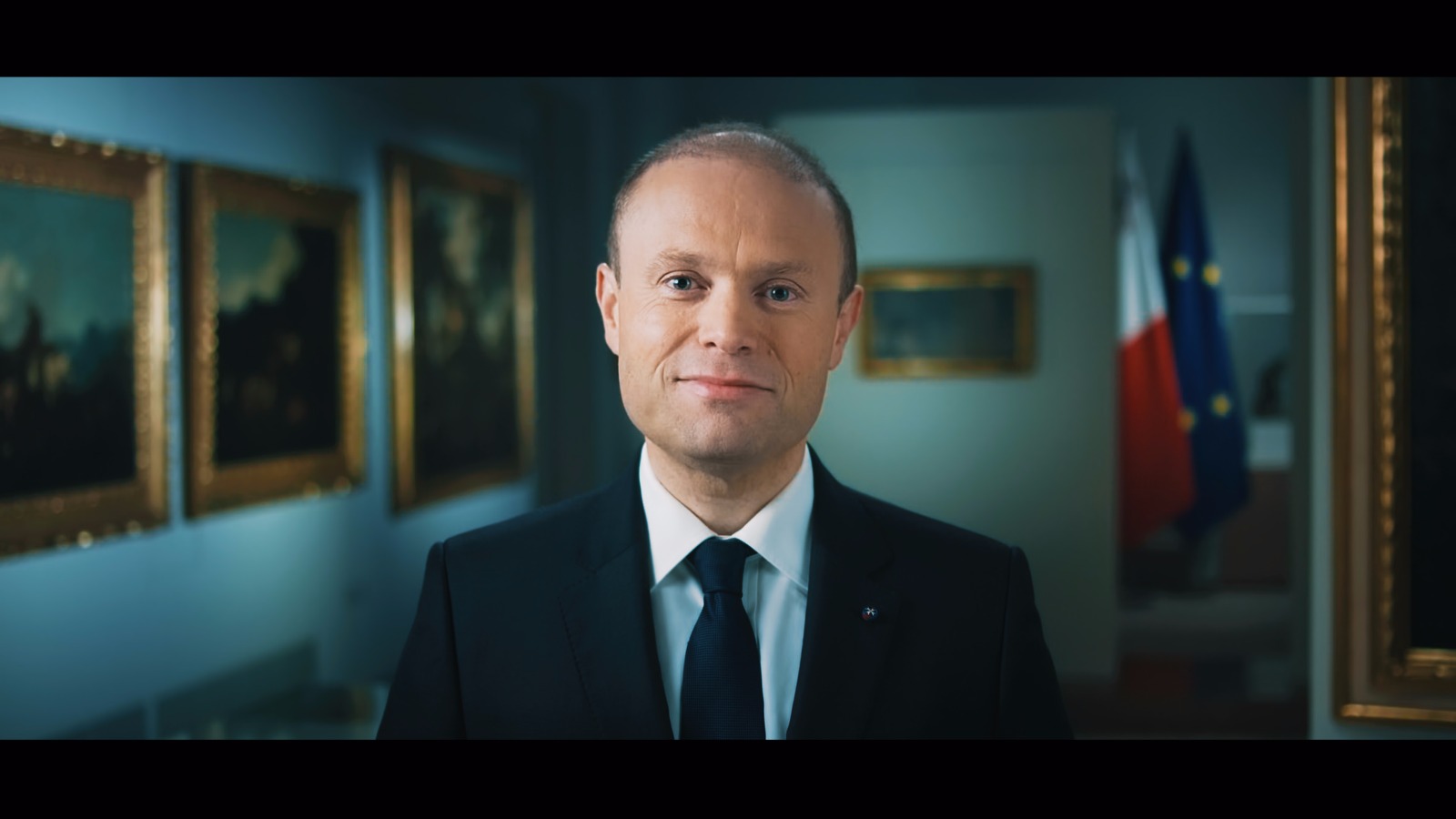EU’s ‘Strong’ Corruption Law for Malta: A Miracle in the Making?

On May 3, the European Commission proudly unveiled its proposal for a groundbreaking directive aimed at combating corruption. With the promise of bringing much-needed integrity to the Maltese political landscape, this initiative seeks to address the prevailing disappointment that EU membership has failed to elevate the standards of transparency and accountability witnessed elsewhere on the continent.
As the saga surrounding Joseph Muscat’s dubious €500,000 from Vitals continues to unravel, it becomes painfully apparent that EU accession has done little to cleanse Malta’s political scene.
The newly announced EU directive holds the potential to rectify this situation. However, while it is undoubtedly a step in the right direction, the proposed provisions must be significantly enhanced if we genuinely desire a tangible impact on the ground in Malta.
Given the cunning nature of corrupt individuals on our islands, adept at weaving intricate webs of accomplices and offshore accounts, any new EU law must incorporate mechanisms specifically designed to overcome the hurdles that have thus far eluded us, despite the multitude of local anti-corruption legislation.
The commission’s vision of “building a culture of integrity” would surely be warmly received in Belgium, where secret services intercepted Eva Kaili and her associates, red-handed with bags of cash. However, in Malta, the chairperson of Pilatus Bank took flight without questioning, carrying the smoking gun, while the concept of public ‘integrity’ seems to exist only in a realm where the government bulldozes laws through parliament to cherry-pick their own referees for ‘standards.’
The commission proposes engaging in “information and awareness-raising campaigns” to combat corruption. But how can we accomplish that with our very own Public Broadcasting Service (PBS)? The local courts have already condemned PBS for its bias against the Nationalist Party (PN). Did anything change after that? Will they provide extensive coverage of the Muscat and Konrad Mizzi scandals, like the independent media? We all highly doubt it.
In fact, the proposed EU directive rests on the presumption that the provisions decided at the European level will garner cooperation from a police force ready to enforce the law. Sadly, that is not the case in Malta. It took Bernard Grech and Adrian Delia to push the police commissioner into action against the 37 individuals mentioned in the Vitals/Steward court judgment, which revealed the unsettling entanglement of the public sector with corrupt politicians and businesses.
The proposed directive aims to establish “specialized anti-corruption bodies” armed with “adequate resources and training” to combat “obstruction of justice and illicit enrichment.” Commendable aspirations, indeed. However, with Malta’s police commissioner handing out “nolle prosequis” like candy and displaying an alarming number of “mistakes” in prosecuting corruption cases, police officers dealing with corruption resign one after another, while corrupt politicians revel in untainted impunity while flaunting their unexplained riches.
Malta is in dire need of legislation concerning unexplained wealth. Currently, there is no law empowering the police to delve deeper into suspected illicit gains. Muscat’s alleged €485,000 from ‘consultancies,’ for instance, warrants a closer investigation. This is an area where the commission’s proposal has the potential to stir up the waters, as Brussels is expected to advocate for harmonized provisions across all EU jurisdictions.
EU accession has not led to cleaner politics in Malta whatsoever.
Peter Agius
Perhaps Prime Minister Robert Abela will find it more challenging to create an illusion of taking action when confronted with Ursula Von der Leyen than he did following the publication of the inquiry into the assassination of Daphne Caruana Galizia. This inquiry, in fact, recommended the introduction of a new legal instrument for unexplained wealth in Maltese law. In 2021, the PN proposed twelve bills in parliament, including such an instrument, only to be rejected by Abela.
These twelve bills are crucial if we genuinely seek a fair society that universally condemns corruption, rather than promoting and even flaunting it, as is currently the case. The proposed directive has the potential to reignite momentum for changes to our criminal code. However, more than just legal amendments, we must ensure that authorities are compelled to act upon these provisions effectively. Unfortunately, this is where the proposed directive falls short: we already possess the legal tools, but the police seem reluctant to utilize them.
One of the main weaknesses of the proposed directive is its very nature as a directive, which places the responsibility of transposition and implementation solely in the hands of the Maltese government. We urgently need this law to be a regulation instead, directly enforceable without government intervention. Furthermore, an EU regulation would grant every citizen the right to hold the Maltese government accountable for corruption by recourse to the courts.
The proposed EU corruption law has just been submitted, and we can expect over a year of negotiations in the Council of Ministers and the European Parliament. It will likely resurface on the agenda of the newly elected European Parliament in June 2024. The MEPs you choose during that election will be the ones who propose amendments to this law and ensure that Europe empowers us to combat corruption in Malta and throughout the Union.
If you choose to support me as an MEP candidate, rest assured that I will spare no effort in ensuring this law possesses the necessary strength to bite the likes of Muscat and Mizzi and truly make a difference in Maltese politics. Like you, I yearn for a fairer society where politicians act solely in the interest of the common good.
I aspire to empower civil society and citizens, allowing them to demand action and answers from both the police and the political class. I wholeheartedly support unrestricted investigative journalism, unburdened by limitations imposed within the confines of Castille. Corruption strikes at the very core of our society. I pledge to fight it at every twist and turn, not merely with empty rhetoric, but with tangible action, renewed vigor, and the astuteness necessary to transform our ideals into fruitful outcomes.
Source: Peter Agius
Recommended Posts

Legal Nuances of Operating an Online Casino
May 17, 2024

Overview of Business Finance in Malta
May 17, 2024

Enhancing Payment Security with Blockchain
May 17, 2024



